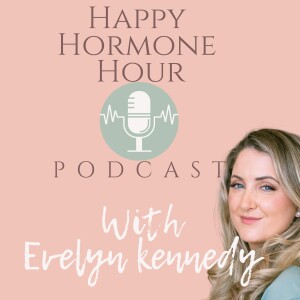
Thursday Apr 18, 2024
Nourishing Implantation: The Role of Nutrition in Successful natural conception & IVF
This episode of the Women's Health and Fertility Nutrition podcast discusses implantation and nutritional interventions that may help with implantation or recurring implantation failure. The host explains the science of implantation, the importance of a thick and nutritious uterine lining, and the role of hormones in the process. Common factors that can contribute to implantation failure are also discussed, including embryo quality, uterine abnormalities, endometrial receptive issues, immunological factors, hormonal imbalances, and lifestyle factors. The episode also provides information on fertility nutrition and foods that may support implantation, such as iron-rich foods, folate, omega-3 fatty acids, vitamin E, vitamin C, zinc, and antioxidant-rich foods. The importance of a well-balanced diet, maintaining a healthy weight, engaging in regular physical activity, and managing stress levels is emphasised. The episode concludes with a reminder to consult with a healthcare provider and nutritionist for personalised advice and guidance.
Services I offer here
- Implantation is the process by which a fertilised egg attaches to the lining of the uterus and starts growing into a baby.
- Factors that can contribute to implantation failure include embryo quality, uterine abnormalities, endometrial receptive issues, immunological factors, hormonal imbalances, and lifestyle factors.
- A well-balanced diet that includes nutrient-rich foods can support implantation.
- Specific nutrients that may support implantation include iron, folate, omega-3 fatty acids, vitamin E, vitamin C, zinc, and antioxidants.
- Maintaining a healthy weight, engaging in regular physical activity, and managing stress levels are also important for successful implantation.
No comments yet. Be the first to say something!